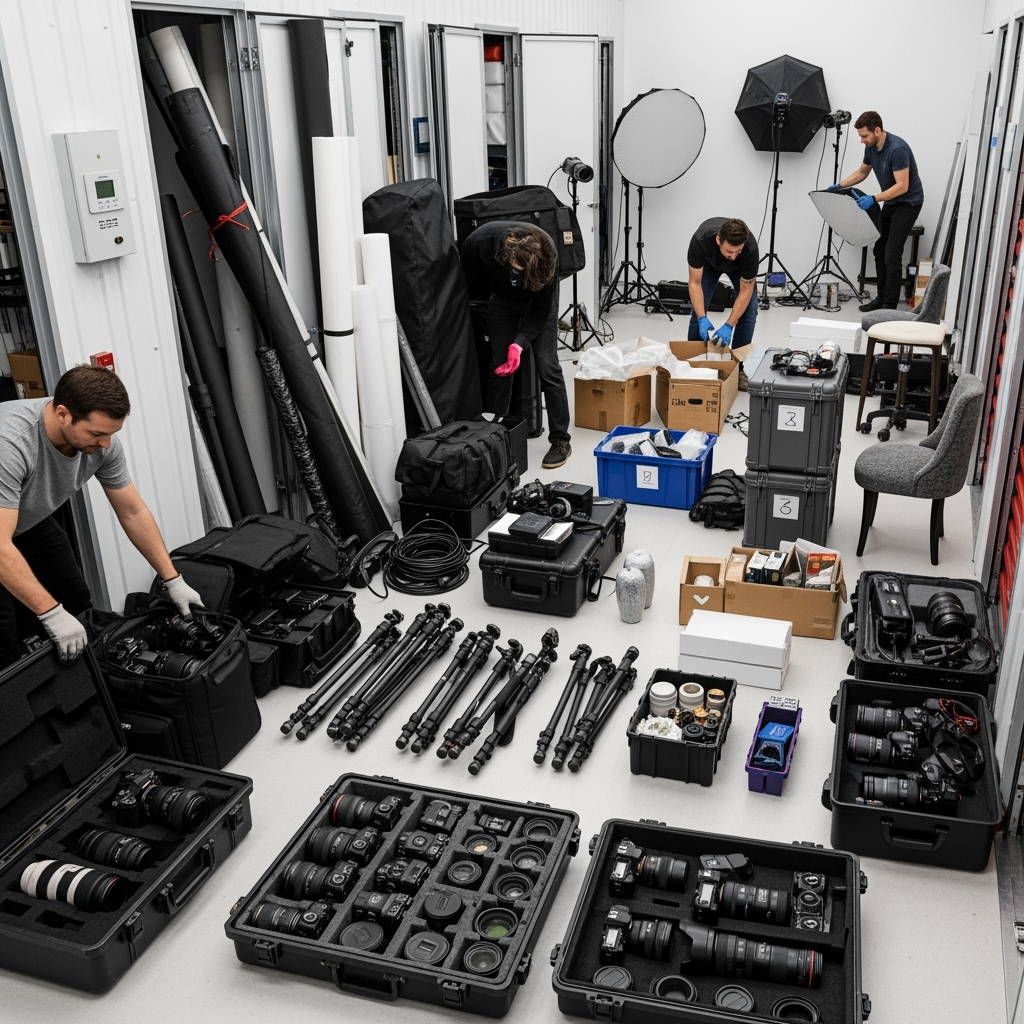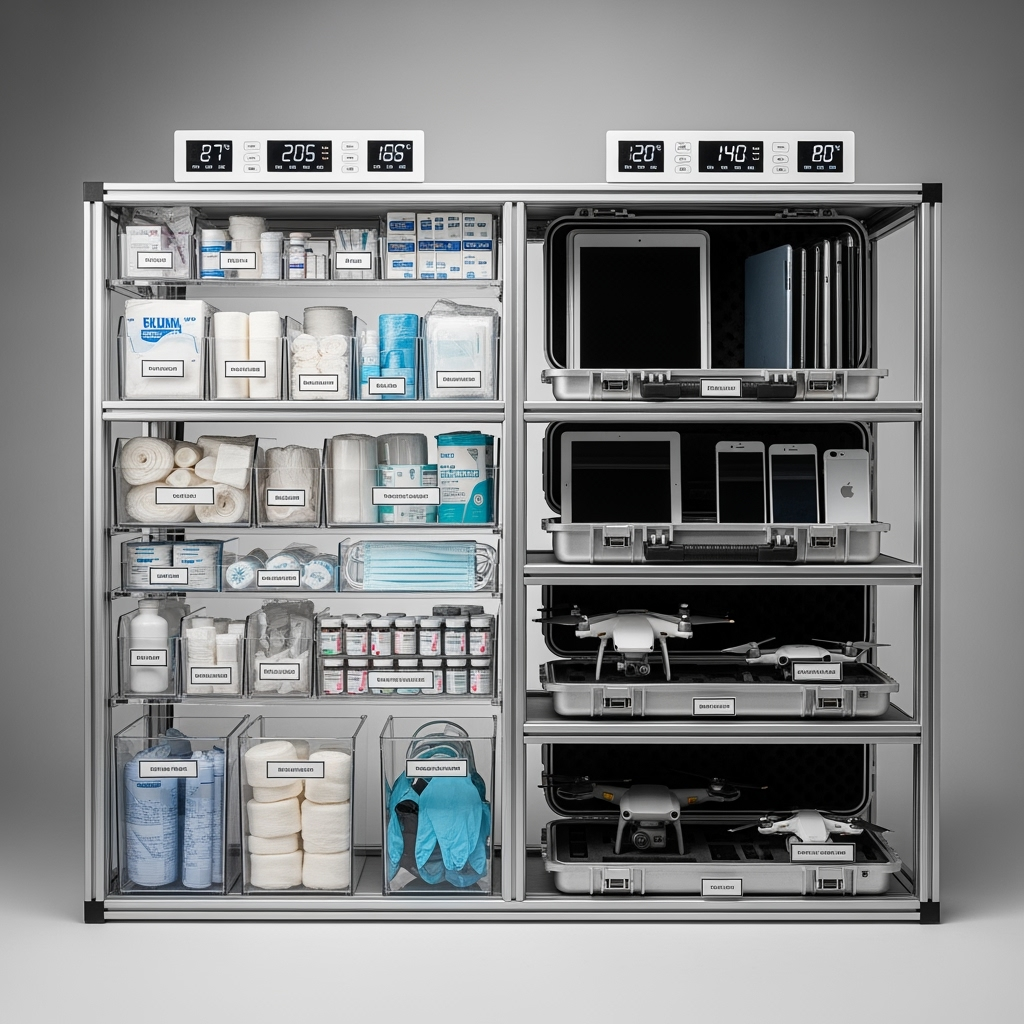Understanding the Impact of Seasonal Storage on Your Bottom Line
For business owners, managing inventory storage costs during seasonal transitions can be the difference between profit and loss. Whether you’re a retailer handling holiday merchandise or a contractor storing equipment during off-peak months, smart storage strategies are essential for maintaining your business’s financial health.
The Hidden Costs of Poor Storage Management
Before diving into solutions, it’s crucial to recognize common storage pitfalls that can drain your business resources:
- Overpaying for unnecessary space
- Damage to inventory from improper storage conditions
- Inefficient organization leading to lost or forgotten items
- Inadequate climate control resulting in inventory deterioration
Strategic Solutions for Cost-Effective Storage
Implementing these proven strategies can help you maximize your storage investment:
1. Right-Size Your Space
Don’t pay for space you don’t need. Consider these tips:
- Conduct regular inventory audits
- Use vertical storage solutions
- Implement a rotating storage system based on seasonal demands
- Consider shared storage options during slower periods
2. Optimize Climate Control
Protect your inventory while managing utility costs:
- Choose climate-controlled units only for temperature-sensitive items
- Group items by storage requirements
- Monitor temperature and humidity levels regularly
- Use proper packaging materials for additional protection
Creating an Efficient Organizational System
A well-organized storage unit saves both time and money:
1. Implement Clear Labeling
- Use a consistent labeling system
- Create detailed inventory maps
- Maintain digital records of stored items
- Update labels seasonally
2. Establish Storage Zones
- Designate areas for different seasons
- Create clear aisles for easy access
- Position frequently accessed items near the entrance
- Leave room for inventory rotation
Cost-Saving Tips for Seasonal Transitions
Make seasonal changes work for your budget:
1. Plan Ahead
- Schedule transitions during off-peak rental periods
- Book units early for better rates
- Consider long-term contracts for better pricing
- Look for seasonal promotions and discounts
2. Maximize Space Efficiency
- Use modular storage solutions
- Invest in quality storage containers
- Stack items safely and strategically
- Regular maintenance of storage areas
Technology Tools for Better Storage Management
Leverage technology to enhance your storage efficiency:
- Inventory management software
- Digital tracking systems
- Mobile apps for quick access to storage records
- Automated climate monitoring systems
When to Consider Upgrading Your Storage Solution
Know the signs that indicate it’s time to reassess your storage strategy:
- Consistent overflow of items
- Difficulty locating inventory
- Rising maintenance costs
- Changing business needs
Making the Most of Your Storage Investment
Your storage unit should work as hard as you do. Regular assessment of your storage strategy ensures you’re maximizing your investment while minimizing costs. Remember, efficient storage management isn’t just about space—it’s about creating a system that supports your business growth and protects your bottom line.
Next Steps for Your Business
Ready to optimize your storage strategy? Start with these actions:
- Audit your current storage situation
- Calculate your storage costs per square foot
- Research available storage options in your area
- Create a transition timeline that aligns with your business cycles
By implementing these strategies, you can create a more efficient and cost-effective storage solution for your business. Remember, the goal is to maintain easy access to your inventory while minimizing storage expenses during seasonal transitions.










Leave a Reply